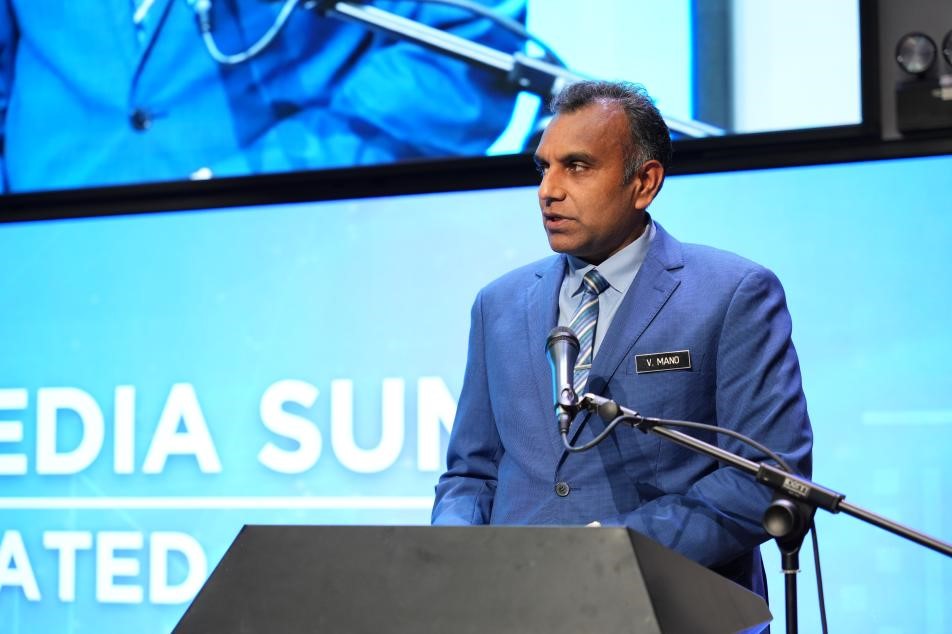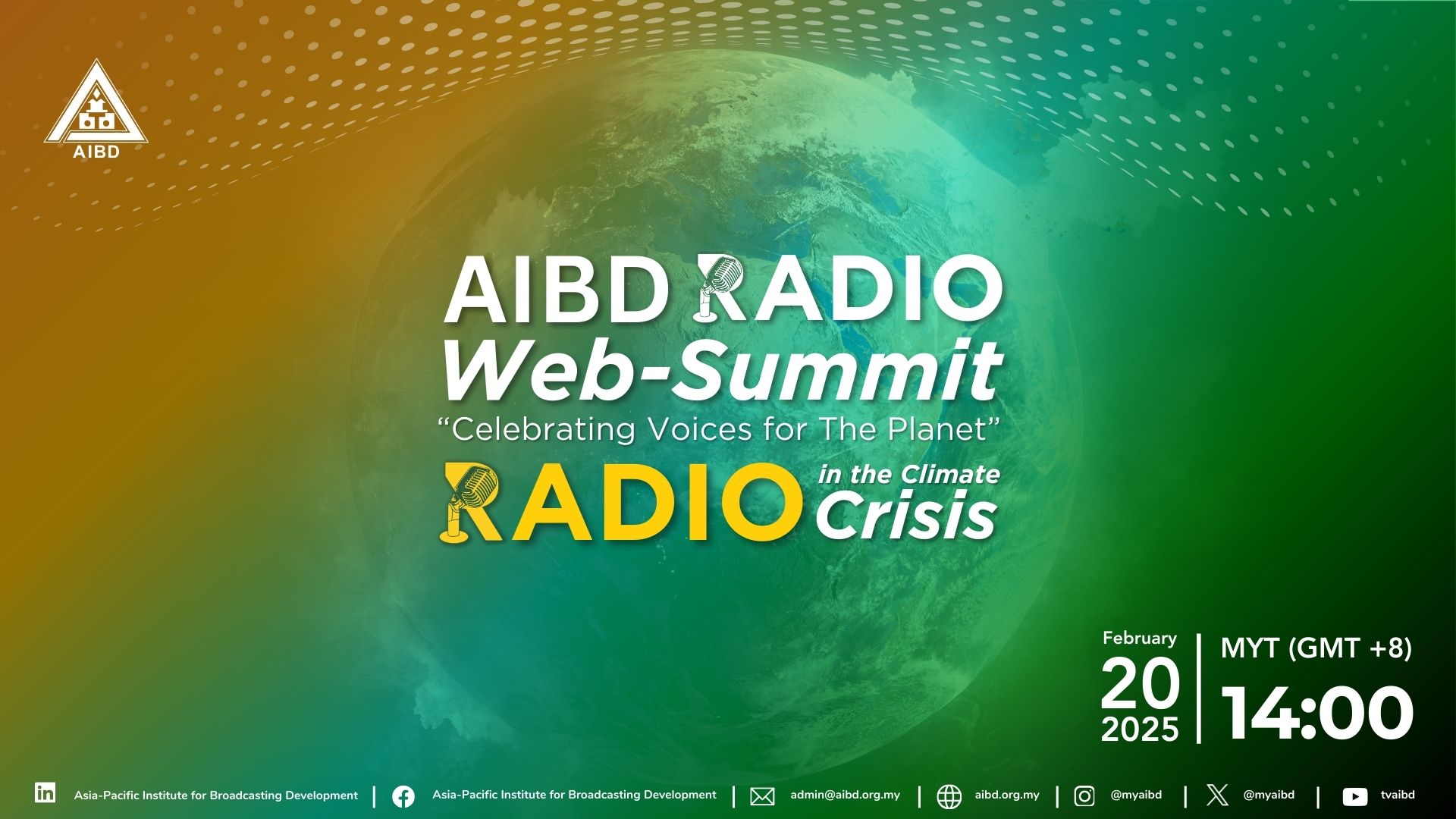
Malaysia moves to enforce licensing framework in tandem with current global development
By Monica Phang, Programme Manager, AIBD
Malaysia will move in tandem with current global developments like Singapore and Indonesia to enforce a licensing framework targeting social media and internet messaging service providers with a minimum of 8 million users.
Deputy Secretary-General (T) Ministry of Communications Malaysia, YBrs Mano Verabathran says this is to ensure these platforms are safer for users to use online and guarantee that Malaysian internet service providers are held accountable for their operations.
He adds that media organisations should be active in policy discussions, contributing their insights to help shape regulations that protect public trust while allowing for innovation. They must also work with other industrial bodies to develop standards and regulations that govern the ethical use of AI and deep-fake technologies.
This includes advocating for laws that hold creators of harmful deep-fakes accountable”, stressed YBrs. Mano while delivering his closing remarks at the conclusion of the 19th AMS 2024 in Kuala Lumpur on 4th September 2024.

while embracing new technologies, there is a consensus that media organizations including online media platforms and online service providers are duty bound to prohibit illegal and harmful content online.
This is to ensure that innovations and advancement do not compromise ethical standards or the integrity of information, and should have robust content moderation policies in place, to enhance transparency in reporting and to safeguard users especially the minors from harmful content and misleading information.
YBrs Mano also suggested that audience engagement is also pivotal where media organisations should take an active role in educating their audiences about the existence and potential dangers of deep-fakes and misinformation. This is because public awareness campaigns can help people become more discerning consumers of media.
“By fostering media literacy through providing tools and resources such as fact-checking, it helps the public understand how to critically analyse content and recognise possible manipulation in which they can also assist in reporting suspected misinformation and to prevent the spread of unverified information”, stressed YBrs Mano.






